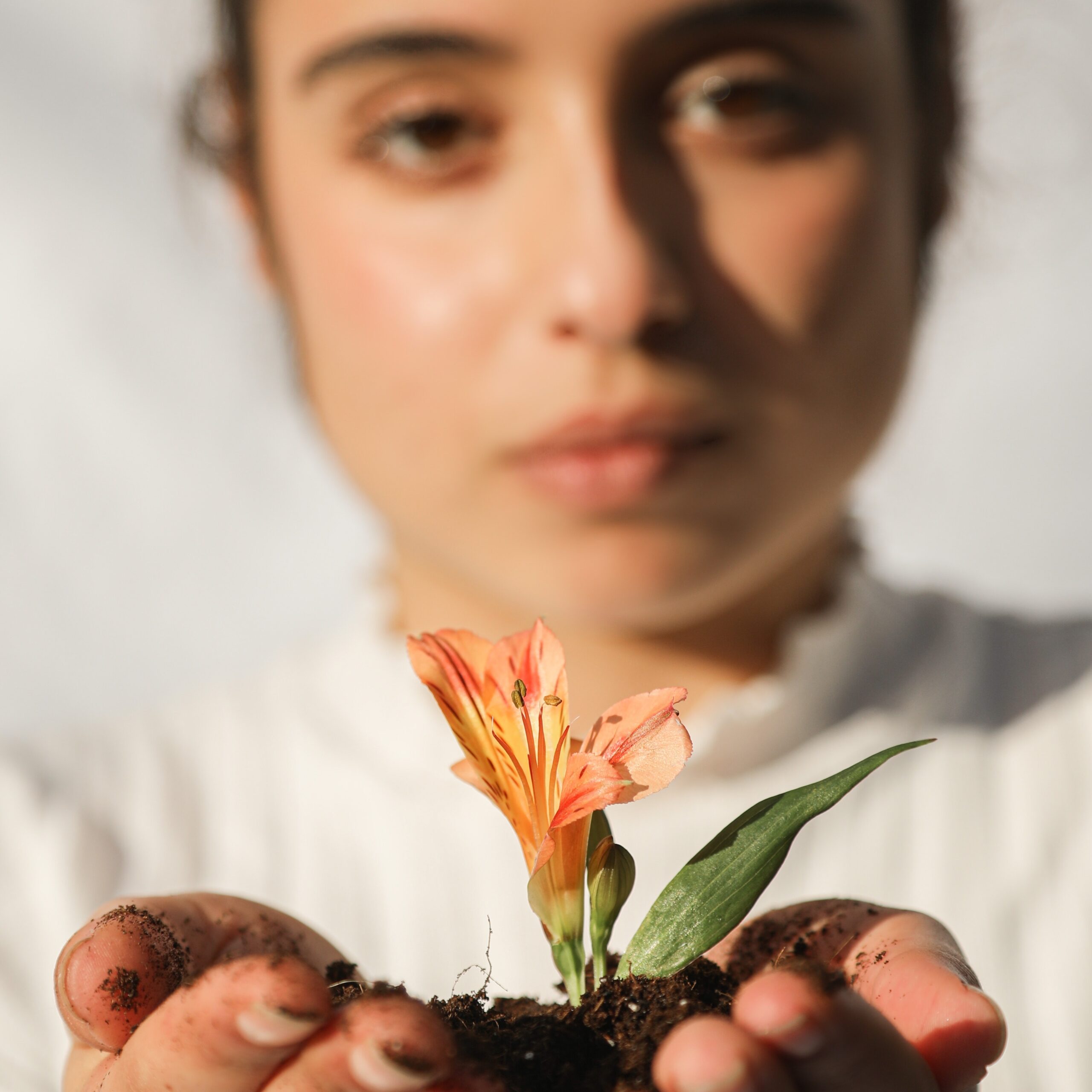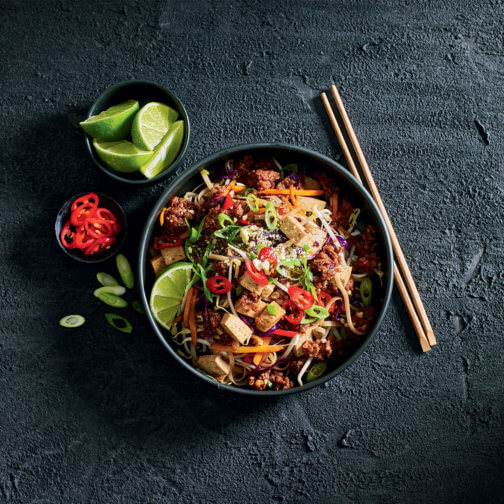
Do you know what your savings and super are funding?
We all know there’s no planet B. We know how finite and precious our one Earth truly is. And we know there’s more we could be doing to safeguard its future. Like me, you might have taken some strides towards sustainability, such as vetoing single-use plastic, adopting a plant-based diet, switching to clean energy, choosing to shop from ethical fashion brands, embracing minimalism over consumerism, or simply prioritising the environment in your daily decision-making. But there’s something else to consider. It’s impactful and probably one of the simplest changes you can make. It’s starts with asking: is your money dirty or clean?
SADLY, YOUR MONEY IS PROBABLY DIRTY
We’re not talking about dirty money in the sense of corporate corruption, securities fraud, or creative accounting (which are dirty by all accounts). We’re talking about your hard-earned money – which, unwittingly, may be used to finance destructive industries that value profit over planet. Think: fossil fuels, tobacco, gambling, trade arms and factory farming, to name but a few.
You may not align with some or all these industries in your day-to-day life. Perhaps they couldn’t be further from your personal values – but what if the bank, super fund, insurer, investment, or financial service you use is investing in and capitalising on these sectors? Now, that’s what we call dirty.
Thankfully, there’s a movement that is shaking up the way we choose to invest our prized dollars. It’s a quiet but powerful revolution called clean money.
THINK BEFORE YOU BANK
At its simplest, clean money is money that doesn’t harm people or the planet and, ideally, it is harnessed to actively create positive social and environmental change. When you choose to bank with a financial provider that doesn’t invest in industries that cause harm or destruction, you are making a conscious choice that will have a powerful impact on the world. It’s what we call socially responsible investing, and it’s time we think before we bank.
It’s important, however, to shop with caution when seeking out cleaner options. Just because a fund labels itself ‘ethical’, ‘green’, or ‘sustainable’ does not necessarily mean it meets the moral high ground of what these words should actually imply. These are marketing terms that don’t have a set or regulated definition and they can be misleading without deeper investigation. You need to look at your financial institution’s socially responsible investment policy to understand exactly what you are supporting by placing your dollars in their possession.
HOLDING THEM TO ACCOUNT
The excellent news is that making the move from dirty to clean money has been made easy by a handful of organisations committed to the comparative analysis of our investments. The Responsible Investment Association Australasia (RIAA), for a start, is a non-government body that promotes sustainable investment. When a fund volunteers to be accredited, the RIAA combs through its investments and produces a searchable database of what it does and does not do.
Then there is Market Forces, an affiliate project of Friends of the Earth Australia and a member of the BankTrack international network, whose work exposes the institutions that finance environmentally destructive projects. Market Forces’ legal researcher and campaigner Will Van der Pol says, “We all need to realise and utilise the power we have as bank customers and super fund members to hold the custodians of our money to account.”
Other organisations like Fair Finance International and Don’t Bank On The Bomb also provide useful case studies and data on companies and their investments to help consumers divest from institutions whose policies run counter to their ethical values.
THE GREATEST ETHICAL TURNING POINT
So, what does clean money look like? Imagine a world where capitalism has been reinvented. A world where financiers lead the way and provide capital and incentives for innovation to address climate justice, species extinction, and man-made environmental disasters. This is what Joel Solomon, a leading Canadian impact investor and co-author of The Clean Money Revolution, has been calling for – the move of trillions of dollars from damaging to regenerative use.
Joel says, “We need to enable and encourage private enterprise to build the new businesses, technologies, and industries that will replace our current methods – many of which are unsustainable at best and wantonly destructive at worst.”
In basic terms, this looks like financing renewable energy, providing housing for the disadvantaged, and directly supporting nonprofit organisations and businesses that are powering local economies, restoring ecosystems, and building social and financial equity. The easiest way to join the clean money revolution is to make sure every cent you put in the bank and super is going towards ethical investments rather than propping up detrimental industries.
THE SIMPLEST SUSTAINABLE SHIFT
The truly wonderful news is that there are a growing number of alternatives that only invest customers’ money in ethical investments.
When it comes to banking, a current frontrunner is Bank Australia, Australia’s first customer-owned bank, which is part of a global network of banks that aim to use finance as a force for good. They operate in accordance with the international principles for cooperative financial institutions and choose to invest in animal welfare, renewable energy, their very own conservation reserve, carbon neutrality, reconciliation, and affordable housing.
For those of us who care about our precious planet and all beings who share it, Cruelty Free Super is a groundbreaking, vegan-friendly superannuation fund with three ethical investment screens. They do not invest in companies that harm or exploit the planet, people, or animals. As a matter of fact, they were the first super fund in Australia to prioritise the rights of animals, with zero investments in companies involved in using or exploiting animals for food, testing, entertainment, or export.
***
What we’re all learning as a global community is that individual choices do drive momentous change. If we each choose to live a more principled and sustainable life by keeping the custodians of our money to account, we will not only be financing a better today, but truly investing in a happier, more prosperous tomorrow.
IN PARTNERSHIP WITH CRUELTY FREE SUPER





















